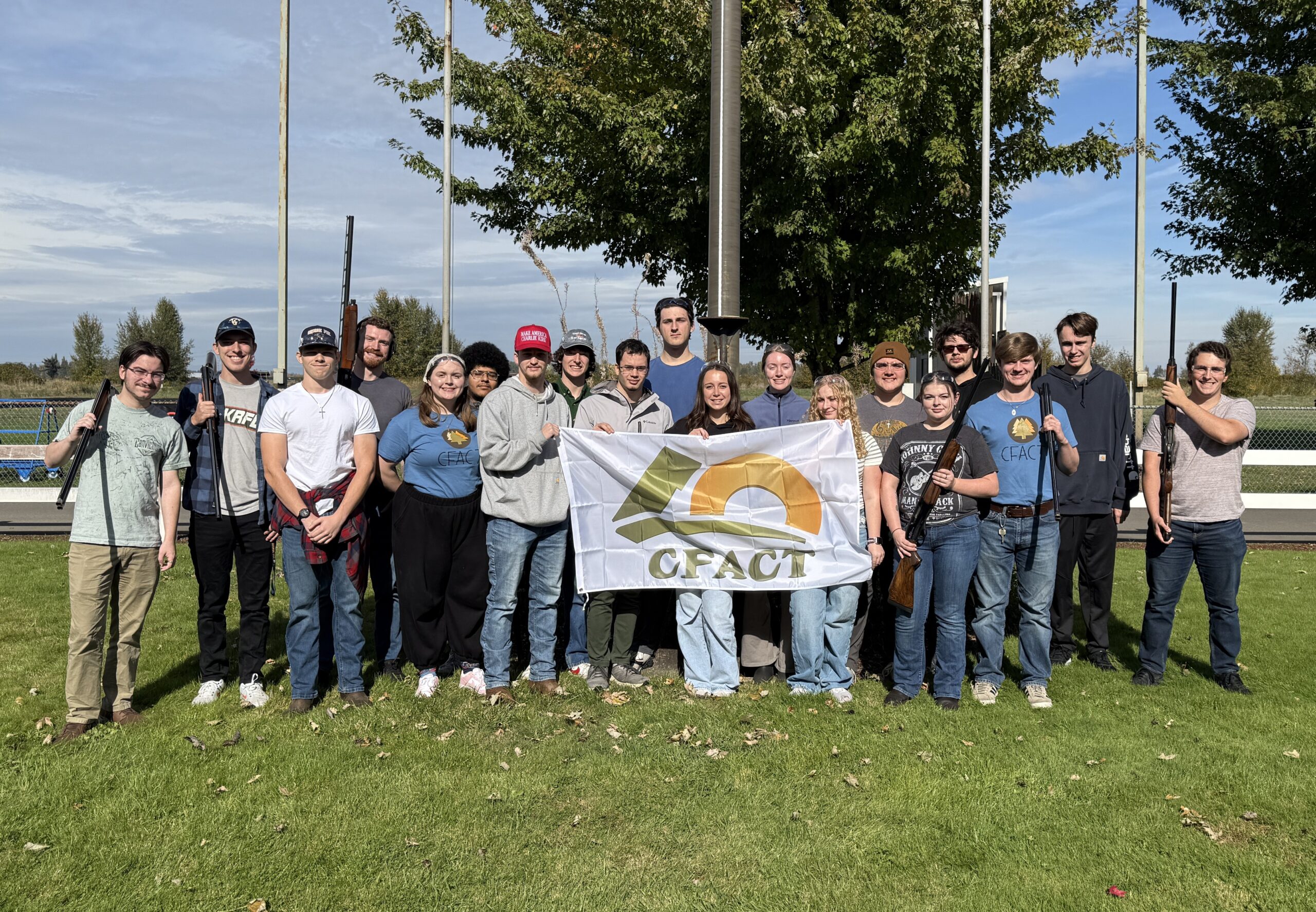CFACT Collegians from the University of Tennessee, Jude Abernathy and Emma Arns, took their curiosity about reliable energy straight to the source—touring the American Museum of Science and Energy in Oak Ridge, Tennessee, for an up-close look at the technology powering America’s future.
What began as a casual learning trip quickly turned into an inspiring lesson in innovation. The students were greeted by a surprise tour guide who, in Jude’s words, “absolutely followed CFACT’s views on nuclear energy.” The guide’s favorite quote from Jude—“nuclear energy is cleaner, safer, and better than ever”—became the unofficial theme of the day.
Over the course of the hour-long tour, Jude and Emma explored the history of nuclear development in the United States, from the Manhattan Project’s groundbreaking work at Oak Ridge during World War II to today’s advancements in next-generation reactors. The guide explained how American innovation transformed nuclear science from its early military uses into one of the safest, cleanest, and most efficient sources of energy on Earth—a story that resonated deeply with both students.
“It was amazing talking about the past achievements of nuclear power, but more importantly the future of it,” Jude said. “How it can help power space missions, data centers, and everything in between.”
Their tour included several interactive exhibits highlighting the precision and safety that define modern nuclear technology. Among the favorites was a mock Oval Office, where Emma stepped up to demonstrate the controls—symbolically putting sound energy policy in good hands. For both students, it was a moment of optimism that underscored how responsible innovation, not regulation, will drive environmental progress.
The visit also reinforced CFACT’s Free Market Energy Campaign message: that nuclear power belongs at the heart of America’s clean energy conversation. Unlike unreliable “green” alternatives that depend on rare earth minerals and foreign supply chains, nuclear energy represents true sustainability—providing high-output, zero-emission power without sacrificing wildlife, land, or economic freedom.
“The hour tour felt like fifteen minutes,” Jude added. “It was just that engaging.” Afterward, the pair celebrated their successful event with a quick Swig drink and reflected on what they’d learned—energized by a firsthand look at how American ingenuity continues to outshine alarmism.
Through visits like this, CFACT Collegians are demonstrating what the next generation of environmental leaders already understands: the future of clean energy isn’t about fear—it’s about freedom, technology, and the pursuit of excellence.






University of California–Davis student Ashley Burton recently submitted a erudite public comment to the Bureau...